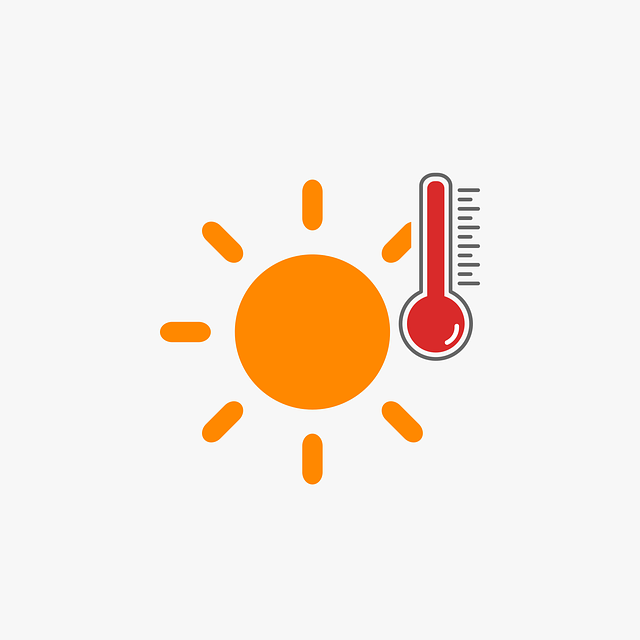
OLYMPIA – The National Weather Service is forecasting dangerously high temperatures across parts of Washington this week. Heat advisories are issued for several counties statewide for much of the week, with dangerously high temperatures both during the day and overnight and close to 100 degree highs expected Wednesday in some areas. The National Weather Service is
High heat can be dangerous to your health, especially for people with pre-existing health conditions, the elderly, pregnant people, infants, unhoused people, and people in historically marginalized communities.
You and your family can stay safe and enjoy the summer weather by taking a few simple precautions during hot weather:
- Stay hydrated. Drink plenty of non-alcoholic fluids and stay out of the sun when possible. If you must be outside during the high heat, wear a hat, loose clothing, and try to stay in the shade. Get somewhere cool quickly if you experience dizziness, nausea, headaches, or muscle cramps.
- Keep your home cool. If you don’t have air conditioning, keep your shades and windows closed during the daytime. Open them in the evening when it’s cooler outside. Use fans to circulate air indoors.
- Visit a cooling center. If your home gets dangerously hot, go to a cooling center in your community such as a library or community center. Call 211 to find locations in your area.
- Never leave children or pets in vehicles. Even with windows cracked, the temperature inside a car can rise quickly and become deadly.
- Check on others. Make sure neighbors, friends, and family are safe – especially those who live alone or have health conditions.
- Be cautious around water. Lakes, rivers, and the sea can be a good option to stay cool but avoid diving or swimming in deep water. This time of year, most bodies of water in Washington are still very cold, and diving or swimming can lead to hypothermia (low body temperature), cold shock, injury, or death, even if you are a strong swimmer. Wear a life jacket in deep water or while boating or paddling.
- Stay fire-safe. The fire risk is high statewide with wind gusts up to 35 mph in some areas.
- Know the signs and symptoms of heat exhaustion and heat stroke.
For more advice on how to stay safe, visit the DOH website or the National Weather Service website.
